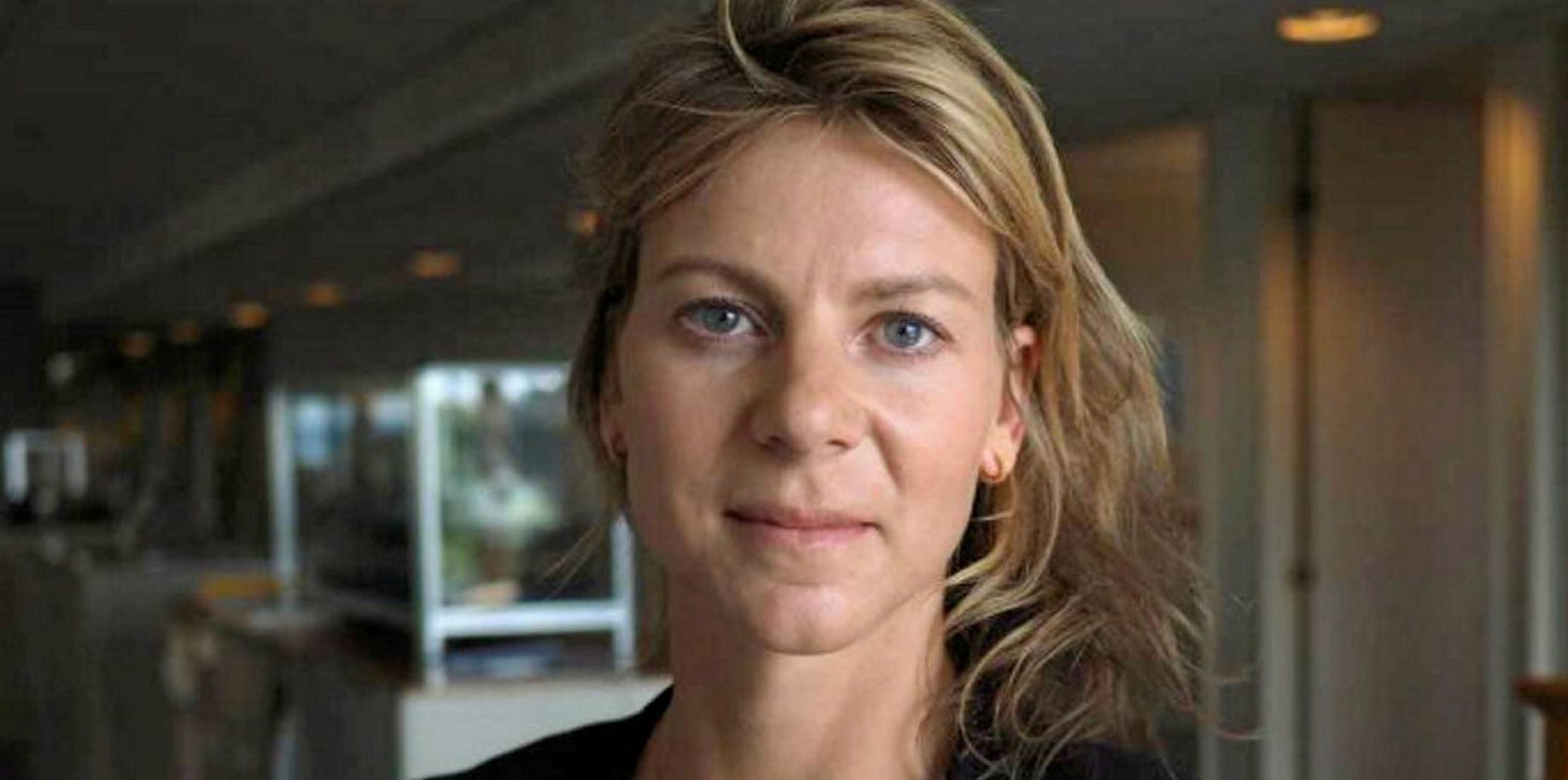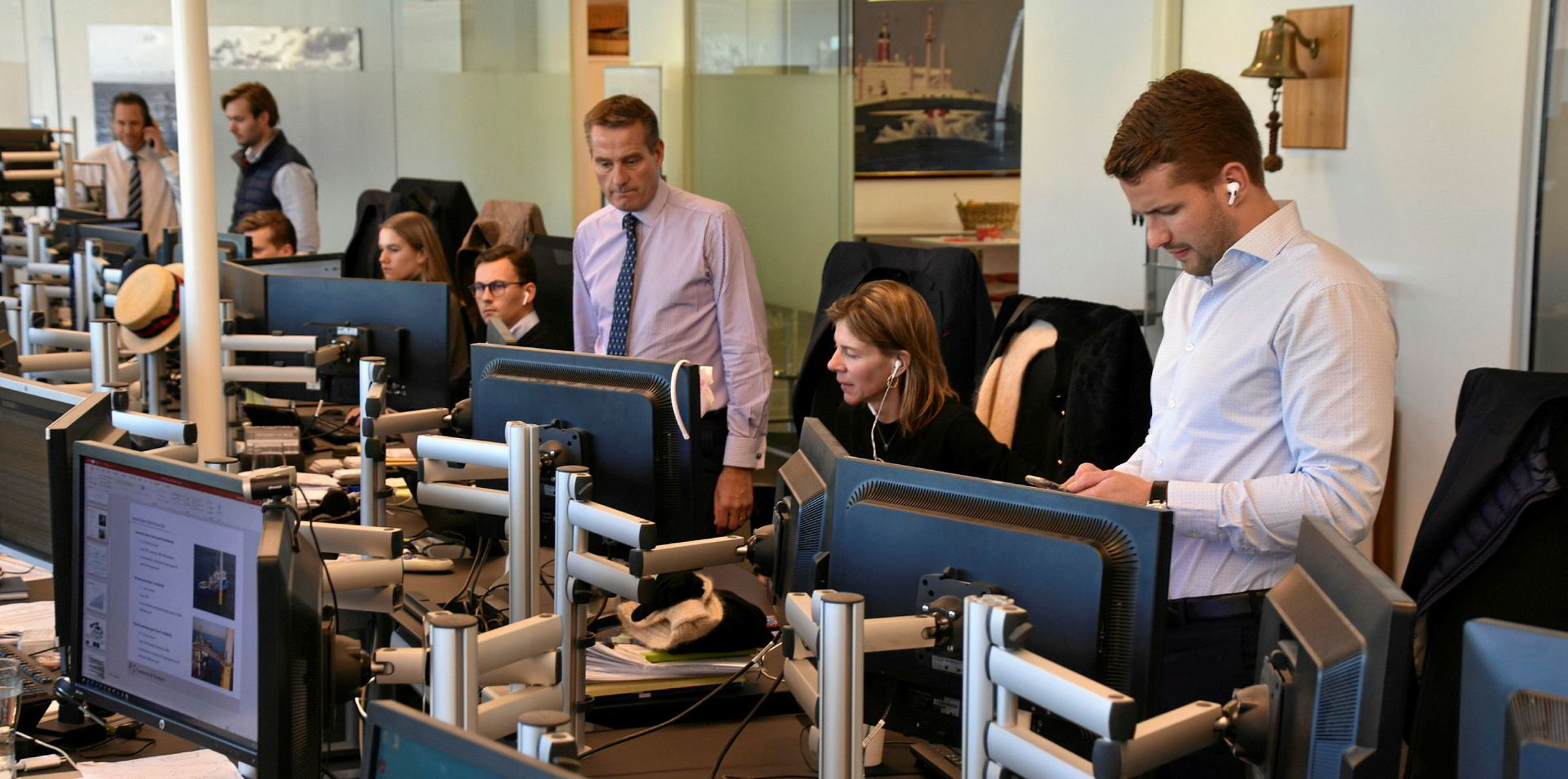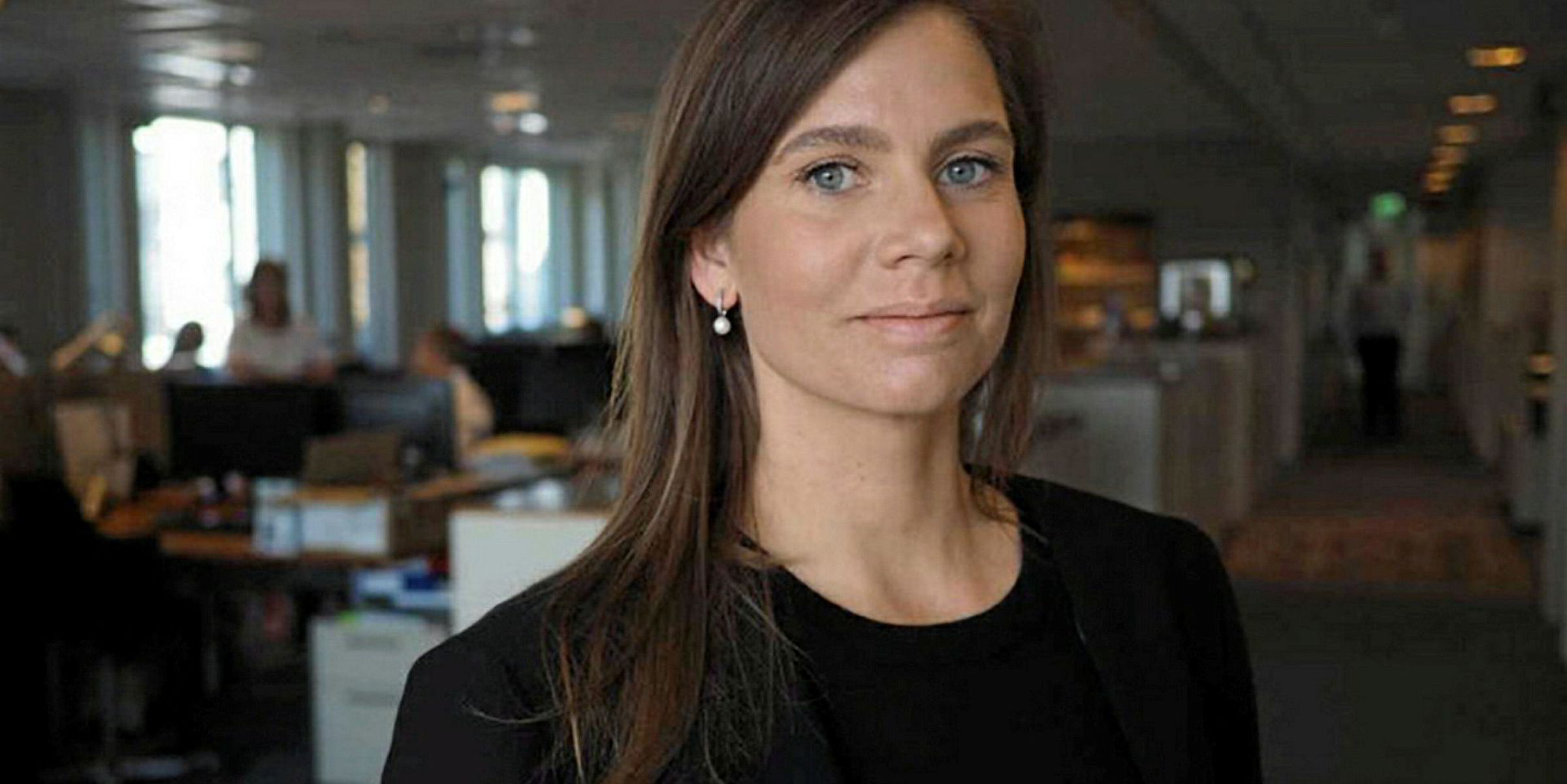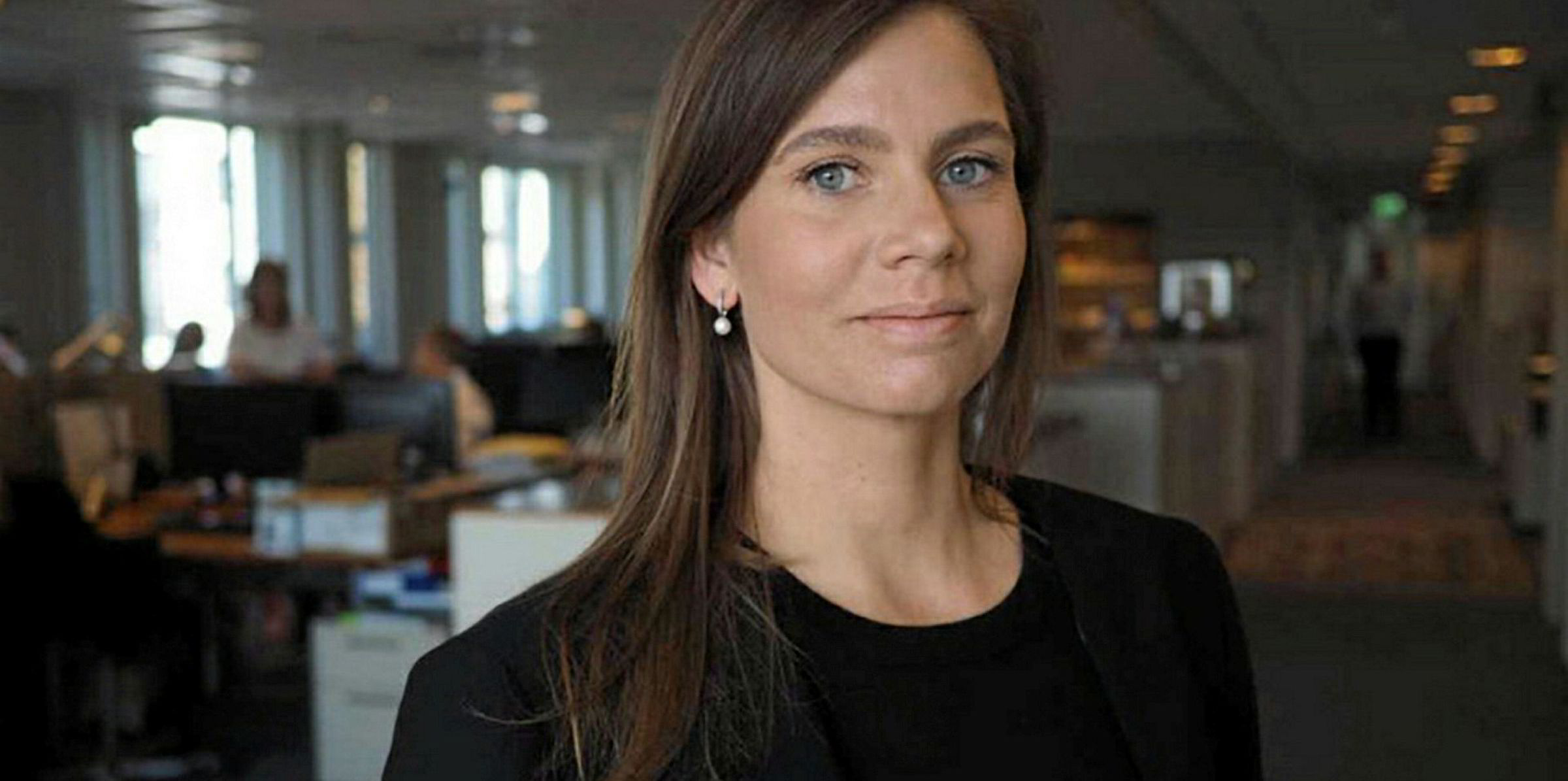Stove Shipping is planning a fleet restart in alternative-fuelled dry bulk tonnage amid a generational change at the top of the Tidemand family's group of companies.
Chairman Christian Andersen, who holds the same position in Tidemand family group sister companies Lorentzen & Stemoco and Eastern Bulk Shipping, said the company is exploring routes to invest in a dry bulk fleet with new green propulsion.
Is LNG the right play?
It is examining whether the "bridge technology" of LNG fuel is the right play, or some as yet undeveloped fuel.
Andersen, the former chief executive of shipowner Avance Gas, came on board in August 2019 as chairman of the three Tidemand family companies.
Also late last year, shipowner Otto Gregard Tidemand stepped back from his operational involvement, after daughters Kristin Tidemand Eckhoff and Caroline Figenschou Tidemand had become more directly involved in, respectively, the shipping and shipbroking arms of the company.
"We want to be among the first movers in a transition to green shipping. The new generation taking over these companies wants to put their stamp on them, and over the next one, three, or five years we will gradually be selling out of traditional ships and investing in the new generation," he said.
The dilemma for owners as they study their new technology options is to know how much future any given technology of the future really has. One day's innovation will be another day's steampunk legacy, and nobody knows how far off that day is.
"People agree that LNG is an important bridge to the future but it is only a bridge," said Andersen. "Do you want to build the bridge, or do you want to wait until you see what is on the other side?"
Finance will be more available for new technologies, even from the European banks that have cooled to shipping.
"The traditional European relationship-oriented shipping banks are positive. They are absolutely there to talk about financing the next generation of ships," he said.
Leasing as a main source
But he expects the main source of funding to be the leasing houses.
"Asian leasing is likely to be the main financial supporter of shipping over the next years. They are offering term sheets that are very competitive in pricing and in profile," said Andersen, a former Fearnleys' broker who later worked for LPG carriers owners Bergesen and John Fredriksen-controlled Avance.
"In my time at Avance, they were never able to compete with traditional banks towards a low cash-break even. Today's leasing house proposals do compete."
Besides retooling their strategy within shipping, Andersen said the Tidemand group of companies are busy tidying up the corporate structure of a 30-year-old family-owned group.

And Kristin Tidemand Eckhoff and Caroline Figenschou Tidemand are taking an active role at all three companies, including broking arm Lorentzen & Stemoco and chartering affiliate Eastern Bulk.
"We have a strategy for the two ladies two be active in the day-to-day business, " said Andersen.
"It is important in shipowning to have experience of ordinary activity, like screaming over the phone about demurrage bills. By selling ships as a broker or chartering ships you build up a special knowledge that makes you a better owner."
Sale reports 'premature'
Oslo-based Stove has continued a long-term selldown of its owned fleet but Andersen told TradeWinds that broker reports of a fresh sale are premature.
Brokers recently said Stove was close to a sale of its oldest remaining owned ship, the 58,100-dwt Stove Caledonia (built 2010). The same ship was also reported sold in March 2019 but the deal failed on pricing.
"We will always be open to good deals but we are not now actively buying," Andersen said.
But as the group continues to trim steel in shipowning unit Stove in preparation for a green fleet renewal, it is building up the chartered-in fleet of operator Eastern Bulk after cutting exposure earlier this year.
Eastern Bulk, which has traditionally run up to 35 ships of up to ultramax size, let its fleet shrink to under 20 because of worries about the effects of the coronavirus. Now it is scouting traditional time charters of one to two-year terms with flexibility on the redelivery end.
"We have concluded that the world is functioning and shipping is needed, and we are searching for good deals," Andersen told TradeWinds.





